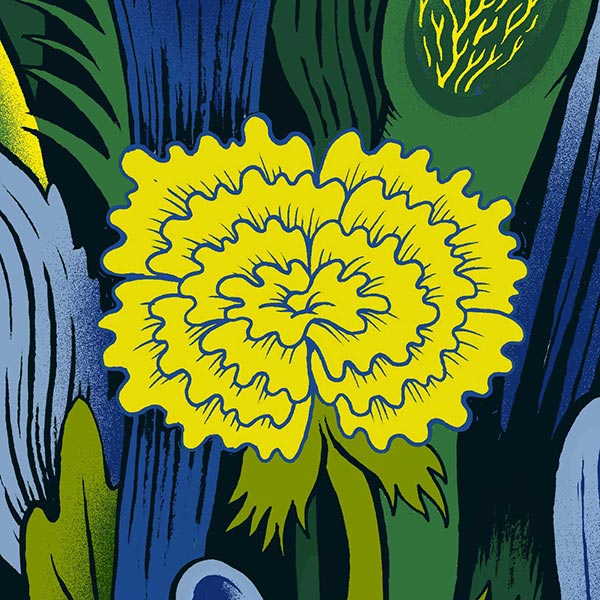Throughout the process of designing a problem-led funding programme, we speak with experts a lot. This is mostly done on a one-to-one basis, either by Skype or by phone. At each phase of the design process, the way we engage with experts, as well as the type of insights we require from them is different.
For example, during the problem identification phase, we speak with experts to help us validate assumptions about key problem areas that should be pursued, understand barriers preventing progress, and define suitable pathways towards solving a problem.
All our expert interviews revolve around a stimulus or a proposal. This can be a very visual material such as a problem map, or a simple text document. Its role is to act as a prompt to start conversations around a proposal. We find this incredibly useful, because it makes it easier to focus conversations and get specific, comparable feedback on what we got right and what we didn’t.
The conversations we have with experts are semi-structured. We have a rough discussion guide with an overview of the project, and key questions and assumptions we would like feedback on. At this stage of the research, most questions are open-ended to allow for a more indepth conversation, rather than a rigid Q&A. Having a discussion guide is useful because it helps frame the conversation, as well as prompt logistical matters such as requesting permission to record conversations or to contact the interviewee at a later time in the project.
Advantages of having expert interviews:
- The ability to have an in-depth conversation with an expert makes it easier and quicker to test assumptions, ask questions and fill out any research gaps; it can also help clarify priorities and identify challenges which might not be obvious to an outsider.
- Interviews are also great because they expose you really quickly to the technical vocabulary used by domain experts.
Things to be mindful of:
- The information imbalance due to the fact that interviewees are experts in a research field can sometimes lead to difficulties or barriers in conversations. Be open about your role in the process of researching the problem and ask for explanations when concepts or terms are unclear.
- Some experts will have a tendency to promote their own agenda. That’s more than fair given the fact that they’ve probably dedicated their lives to researching the problem you’ve just started scoping. Try to contextualise any feedback received to minimise bias.
- Different experts will likely provide you with different, often contradictory, feedback. For more on how to make sense of this, see Recording and making sense of feedback.
- We don’t usually pay experts for their time. We rely on their goodwill and interest in contributing to their domains. That’s why it’s important to be respectful of their time, as well as prepared and on time for the interviews.
- As a side note, some of the of the most fruitful interviews that we’ve had were with experts who got very involved in the process of thinking about key priority areas in their domain. The exercise is a challenging one, and one that researchers or academics are not often faced with. Framing the interview as an opportunity to explore different ways to drive innovation in their fields can be a great way to not only gather valuable insights, but also to turn the interview into a thought-provoking and engaging experience for the interviewee.
Tools we use:
- Skype: our go-to for calling up experts (either for Skype-to-Skype calls or for calling them up anywhere around the world).
- Piezo: to record conversations on Skype (always ask for permission before recording).
- Trello: to keep track of interviews and their status; we usually have 5 status columns – long-list of experts; short-list of most relevant experts; experts we have emailed; experts with whom we have scheduled an interview, and finally, experts we have interviewed.
- Good ol’ spreadsheets: for those who find Trello a bit messy for larger numbers of experts.
- Airtable: a godsend. Spreadsheets meet databases. On steroids. Here, we use it to keep track of experts contacted & interview notes.

